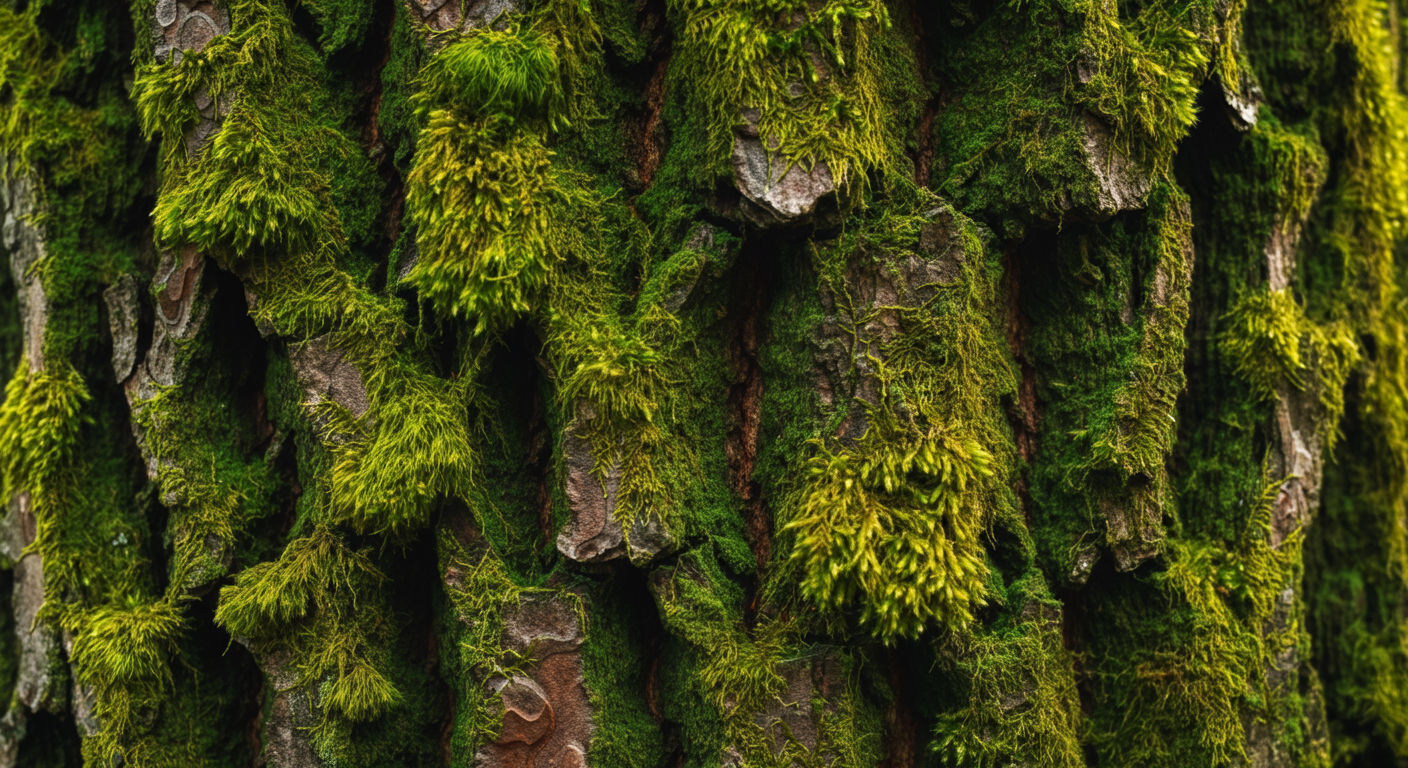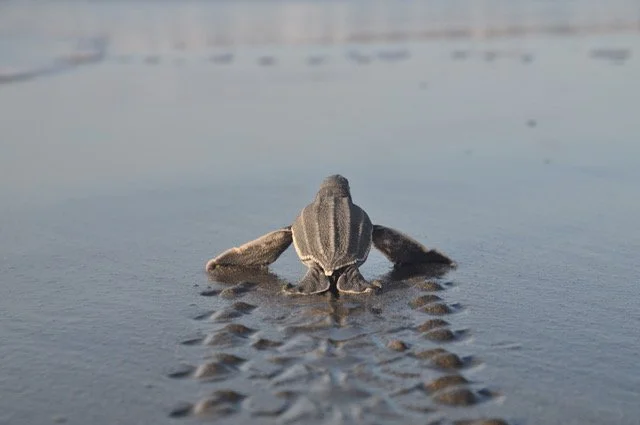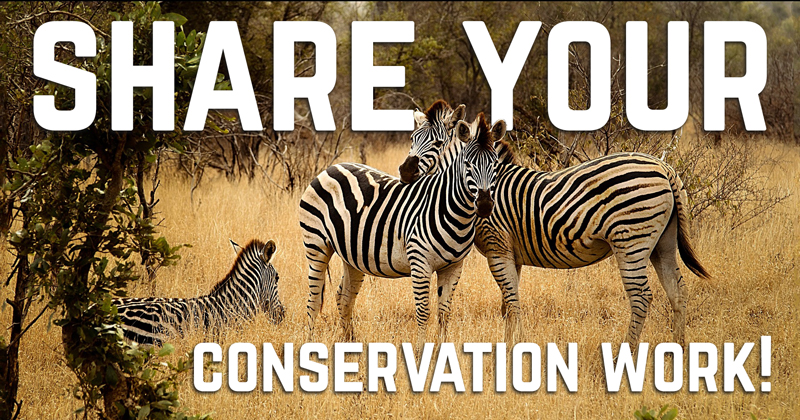
ATCF CONSERVATION STORIES
Stories of Collective Action in Conservation
Empowering Whale Conservation and Marine Communities
World Cetacean Alliance received a grant through ATCF’s “Adopt a Project” programme, an initiative that empowers the ATCF members and partners to directly support specific conservation projects around the world, providing meaningful contributions toward environmental and cultural preservation.
This impactful funding was made possible by the generosity of ATCF member Toad&Co, and will help to expand World Cetacean Alliance’s Whale Heritage Areas network, as well as launch a new online community platform to connect and empower their Partners and Whale Heritage Areas globally.
Empowering Communities and Conservation Through Sustainable Beekeeping at Mugie Conservancy
A new grant provided by the Adventure Travel Conservation Fund will help create a robust beekeeping enterprise that will empower local women while protecting wildlife in the Mugie Conservatory in Kenya.
Watering Hope: Conservation and Community Resilience in Hwange National Park, Zimbabwe
The Adventure Travel Conservation Fund granted $15,000 to help provide water for wild animals in the southern part of Zimbabwe’s Hwange National Park while also supporting the communities in establishing irrigated and fenced communal food gardens. The grant will empower local communities to become self-sufficient despite drought conditions, reduce human-wildlife conflicts, and sustain the area's iconic wildlife, including large herds of elephants, enhancing both conservation and cultural harmony in the region.
Saving Sea Turtles while reducing plastic waste in the oceans
Plastic pollution is a growing problem for ocean wildlife and coastal communities. This funding from the Adventure Travel Conservation Fund will support efforts to clean up plastic waste and turn it into useful products that will support local economies and sea turtles, among other animals. This grant will be a huge help to reversing the tide of plastic waste in communities in Colombia, Ghana, and the Philippines.
Saving Queen Elizabeth National Park’s Rare Tree-Climbing Lions
In Queen Elizabeth National Park in Uganda, conservation efforts are underway to monitor and protect the remaining 39 tree-climbing lions
Empowering women in ocean science and coral reef conservation in Raja Ampat
In the remote islands of Raja Ampat, Women in Ocean Science is empowering a group of local women to conserve their unique marine habitat for generations to come











